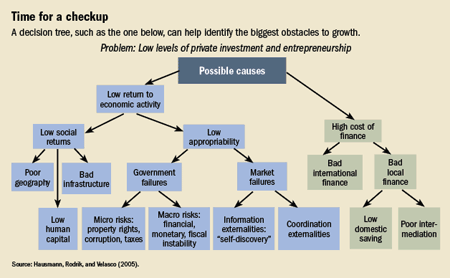IMF releases
Article IV review of Cyprus;
Background. Economic conditions have stabilized, and the economy is projected to bottom out in 2010, giving way to a mild recovery in 2011 followed by stronger growth. However, global financial risks remain elevated and muted growth prospects in trading partners weigh on the outlook. The government has taken steps to stabilize the fiscal deficit, but further measures will be needed to reach the
official deficit target for 2012 of 3 percent of GDP.
Challenges and staff views. The foremost policy challenge is to
achieve the official fiscal consolidation targets so as to put debt ratios on a declining path and provide more space to guard against risks to the financial sector. Further old-age pension reform is also essential. Preserving financial sector stability through early detection of risks remains a top priority in light of the difficult economic and financial environment, and the supervision of cooperative credit societies needs to be strengthened as a matter of urgency. Structural reforms are needed to preserve competitiveness and enhance medium-term growth.
Authorities’ views. The government largely shared the staff’s assessment, while projecting growth to turn positive as soon as 2010 and being more confident that the fiscal targets can be met through general spending restraint and with less focus on the public payroll. The Central Bank of Cyprus (CBC) expressed confidence in the ability of banks to withstand pressures, and this is supported by stress test results.
Moving to a single independent supervisor for all credit institutions—a much desirable objective—is not on the political
agenda, but strengthening the supervision of cooperative credit societies seems feasible.
















.png)


















